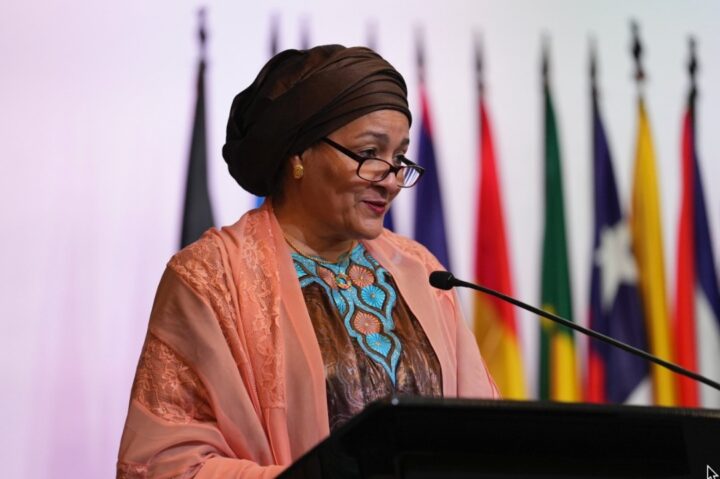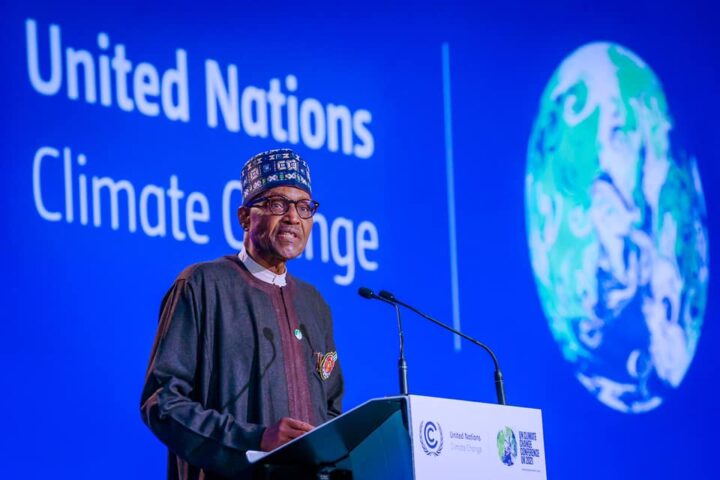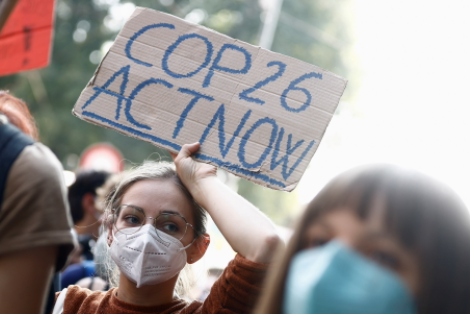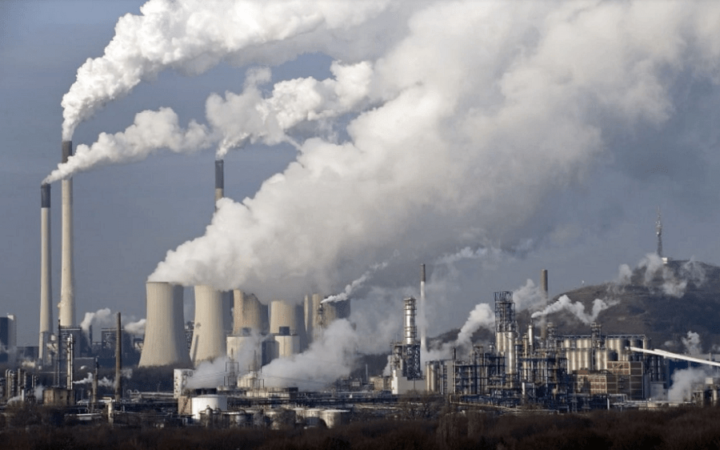Despite directly impacting our communities, health and livelihood, climate-related reports usually take a back seat to dominant news beats like politics and business. Climate Watch aims to ensure you never miss important stories on climate change and actions being taken towards limiting its impact.
Here is a round-up of last week’s climate stories:
- In view of the imminent flooding that would rock the city of Lagos this rainy season, the Lagos state government is set to provide a “massive pumping station equipped with a high capacity tank” for flood prone areas. This will help protect these areas by pumping away large volumes of water, thereby preventing the occurrence of flooding. Tunji Bello, the state’s commissioner for environment, said the state hopes to provide a permanent solution to the issue of flooding on Lagos Island before the end of the year. He added that Lagos is one of the cities projected as one of the sinking cities in the world and so temporary measures have been put in place to pump water out of flooded areas within two days after a heavy rainfall.
- President Muhammadu Buhari has left the country to attend the 15th session of the conference of the parties organised by the United Nations Convention to Combat Desertification (UNCCD). At the conference, the President will participate in a summit of heads of states and government between May 9 and 10. The conference which aims to take action on ensuring that present and future generations reap the benefits of land resources hopes to look into the theme ‘Land. Life. Legacy: From Scarcity to Prosperity’. As the president of the Great Green Wall in Africa, Buhari will join other world leaders at the conference to explore drought, land restoration, and related enablers such as land rights, gender equality and youth empowerment.
Advertisement
- The World Bank said the global progress to reduce gas flaring (the burning of natural gas associated with oil extraction) has been delayed in the last 10 years. In a statement on its website, a new report from the World Bank’s global gas flaring reduction partnership (GGFR) showed that globally, gas flaring resulted in nearly 400 million tonnes of carbon dioxide (CO2) equivalent emissions in 2021. It added that satellite data compiled and analysed for GGFR’s 2022 global gas flaring tracker report showed that 144 billion cubic meters (bcm) of gas was flared in 2021 up from 142 bcm in 2020. The statement said ten oil-producing and flaring countries including Nigeria accounted for three-quarters of all gas flaring.






